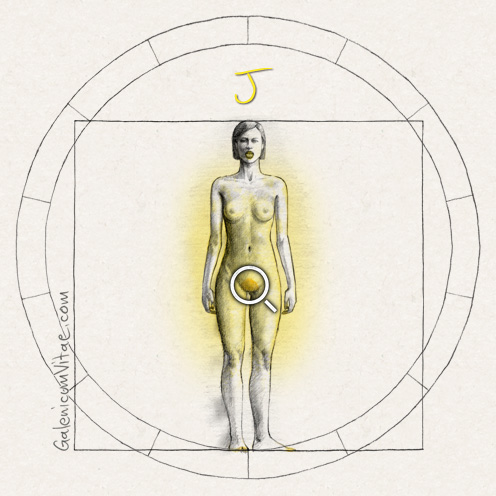If you have ever had athlete's foot or Candida (candidiasis) you can blame a fungus. Fungui are primitive plants. Mushrooms and mildew are examples of fungi. Fungi live in the air, soil, plants and water. Some live in the human body.
Mode of transmission. Some fungi reproduce through tiny spores in the air. These spores can be inhaled or can fall on people. As a result, fungal infections often start in the lungs or skin. It is more likely to get a fungal infection if you have a weakened immune system.
Treatment. Fungi can be very resistant. For infections of the skin and nails, drugs are applied to the infected area. Oral medications are also used for severe infections.
Candida is the scientific name of a fungus. It is a fungus that lives almost everywhere, including inside your body.
Candida infections affect different parts of the body in different ways:
- Thrush or oral candidiasis is a fungal infection that causes white patches in the mouth.
- Esophagitis is thrush (oral candidiasis) that spreads into the oesophagus, the tube that carries food from the mouth to the stomach. Esophagitis can make swallowing difficult or painful.
- Women may have vaginal yeast infections with itching, pain and discharge.
- Candida skin infections causing itching and rashes.
- Candidiasis of the blood can be life threatening.
Antifungals can eliminate candida infections in most people. If you have a weakened immune system, treatment may be more difficult.
Most women will get a yeast infection at some time. Bacterial vaginosis and candida (yeast) are not considered sexually transmitted diseases, but can be transmitted through sex.
For more information visit:
Skin Mycology
http://www.mycology.adelaide.edu.au/Mycoses/
Vaginal Yeast Infections (Candidiasis)
http://youngwomenshealth.org/2013/06/19/yeast-infection/

 Digestive
Digestive  Blood
Blood Cardiovascular
Cardiovascular Dermatology
Dermatology Genitourinary,
Genitourinary, Hormones
Hormones Infections
Infections Oncology and
Oncology and Musculo-skeletal
Musculo-skeletal Mental health and
Mental health and Parasites
Parasites Respiratory
Respiratory Senses
Senses Various
Various




